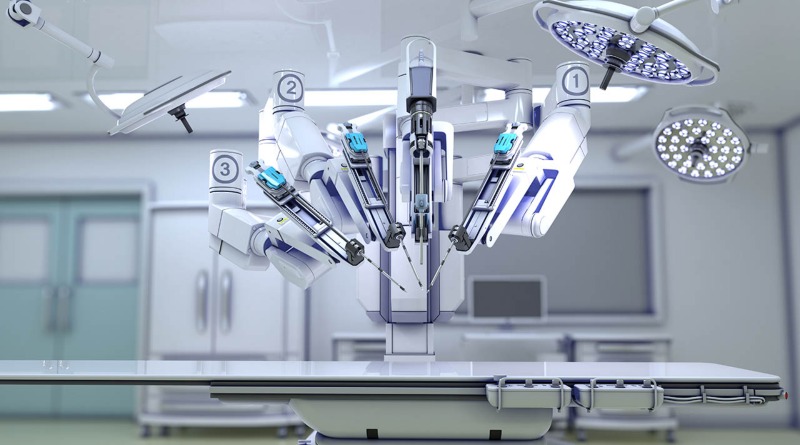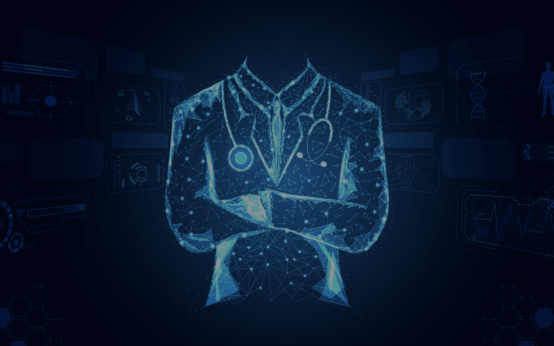I love AI! The landscape of healthcare is being changed by AI, which will make things way better for sick people, get jobs done faster, and start a cool time in medicine, but isn’t this hard to do? We will cover all the aspects in this article ” Medical Minds and Machines in Healthcare “While doing this we learn, we think.
Revolutionizing Patient Care
We see big changes.
In healthcare, patient care is being changed in huge ways by AI; diseases are spotted sooner thanks to AI reading images really well, especially in tests that can find sicknesses we need to catch early.
I think it’s amazing that sick people could get help a lot faster!
AI helps doctors find illness quickly; it gives people better odds to get well.
Enhancing Efficiency in Healthcare Delivery
I love faster doctor visits!
By tackling things like planning when we see the doctor and handling regular office work, a lot of extra time can be made for our nurses and physicians; they don’t have to waste as much time on simple tasks and can spend more energy on tricky parts of keeping patients well; Artificially intelligent systems are also being applied in the healthcare sector to enhance patient experience, patient care, and provide support to physicians through the use of AI assistants. this way things get done smarter and people feel happier after their appointments.
When we use AI, we can help doctors do their job better and make patients happier too.
Challenges on the Path to Implementation
Despite the promises of AI, the road to its widespread implementation in healthcare is not without hurdles. Doctors, often on the frontline of patient care, express concerns about the potential for technology to replace the human touch. Skepticism about the reliability of AI in complex medical decision-making persists, highlighting the need for a cautious and well-informed approach to integration.
Collaboration between Doctors and Computer Scientists
A key aspect of successfully integrating AI into healthcare is fostering collaboration between doctors and computer scientists. The amalgamation of medical expertise with technological innovation is essential to developing AI solutions that are not only effective but also aligned with the nuances of patient care. Interdisciplinary partnerships can bridge the gap between the worlds of medicine and technology, ensuring that AI is a supportive tool rather than a disruptive force.
Navigating Ethical Considerations
Ethical considerations loom large in the adoption of AI in healthcare. The responsible use of patient data, the potential for biases in algorithms, and the implications of relying on machine-driven decision-making are critical concerns that demand thoughtful examination and the drug discovery . Policymakers play a pivotal role in establishing robust frameworks that govern the ethical use of AI in healthcare, safeguarding the patient rights and privacy.
Policymakers’ Role in Shaping the Future
Should I worry about new rules? Rules that make sure new medical inventions are safe but don’t stop new ideas from happening have to be made carefully and it is very important they are understood by everyone in charge! We have to know a lot about what AI can and can’t do so the rules can keep getting better as new tech comes along!
The Imperative for Continuous Learning
In a rapidly evolving field like healthcare AI, a commitment to continuous learning is non-negotiable. Both doctors and computer scientists must stay abreast of the latest developments, actively engaging in cross-disciplinary education and training. This dynamic approach “Medical Minds and Machines in Healthcare ” ensures that healthcare professionals are equipped to harness the full potential of AI while maintaining a critical eye on its ethical and practical implications.

 Takeda Fellows at the Forefront of AI in Healthcare
Takeda Fellows at the Forefront of AI in Healthcare  Strategic Design of Neural Network Architectures
Strategic Design of Neural Network Architectures 
 The Future of Ocean Current Exploration
The Future of Ocean Current Exploration 
 Fast-Paced Robot Education:Learning Methods
Fast-Paced Robot Education:Learning Methods